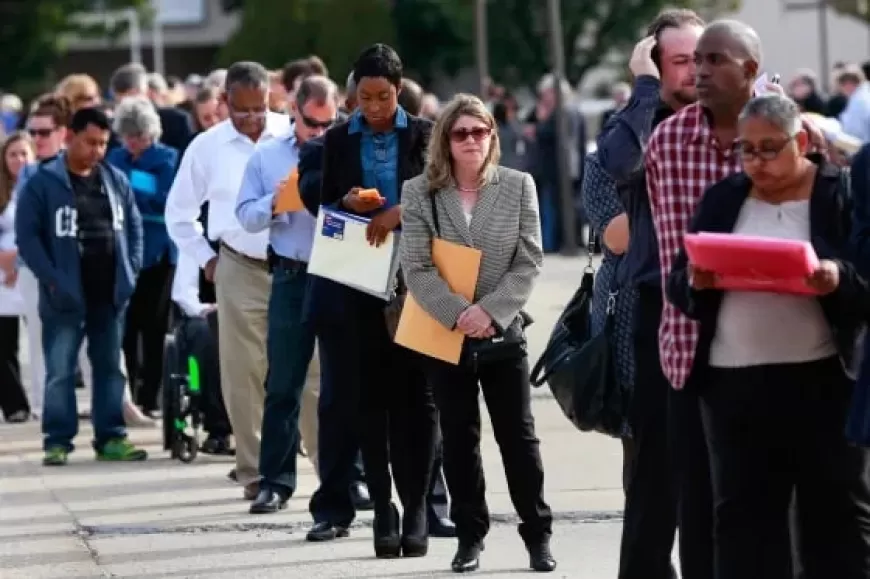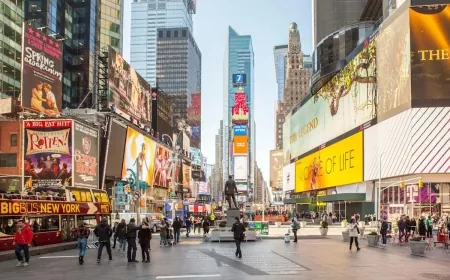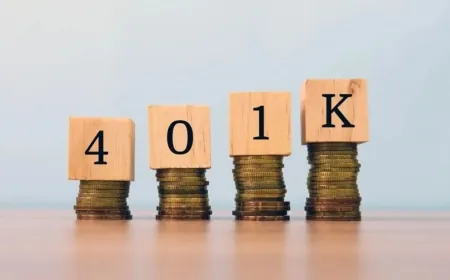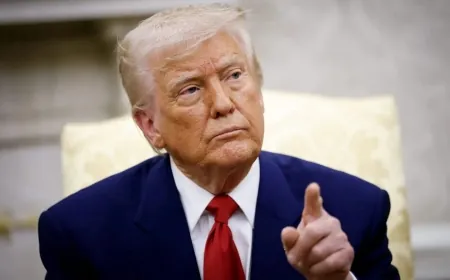Job Openings in the U.S. Hit Lowest Point Since 2021, Signaling a Slowing Job Market
U.S. job openings drop to their lowest since January 2021. Find out how this slowdown could impact the economy and Federal Reserve interest rate decisions

New data shows that job openings in the U.S. dropped significantly in July, reaching the lowest level since January 2021. The Bureau of Labor Statistics reported that there were 7.67 million job openings at the end of July, down from 7.91 million in June, signaling a potential slowdown in the labor market.
Hiring Rates Show a Slight Increase
Despite the drop in job openings, hiring rates saw a small uptick. About 5.5 million people were hired in July, a slight increase from June's numbers. The hiring rate rose to 3.5% from 3.3% the previous month. At the same time, the rate of workers voluntarily quitting their jobs, a sign of confidence in the job market, increased slightly to 2.1%.
Federal Reserve Focuses on Labor Market Trends
The decline in job openings is happening as the Federal Reserve closely watches the labor market for signs of cooling. Recent statements by Federal Reserve Chair Jerome Powell emphasized that the labor market is slowing, and it is unlikely to contribute to inflation in the near future. This has led to speculation about whether the Fed will cut interest rates if the labor market weakens further.
August Jobs Report to Provide More Insights
The next major update on the labor market will come with the August jobs report. Economists predict that the U.S. economy may have added around 165,000 jobs in August, with a slight decrease in the unemployment rate to 4.2%. This report will provide more clarity on whether the labor market is continuing to weaken or if the decline in job openings is just a temporary dip.
By tracking these trends, both investors and policymakers will have a better understanding of the economic outlook and potential adjustments needed in monetary policy.
Also Read: Amazon Workers Set to Join Teamsters Strikes Over Unfair Labor Practices in the U.S.































































